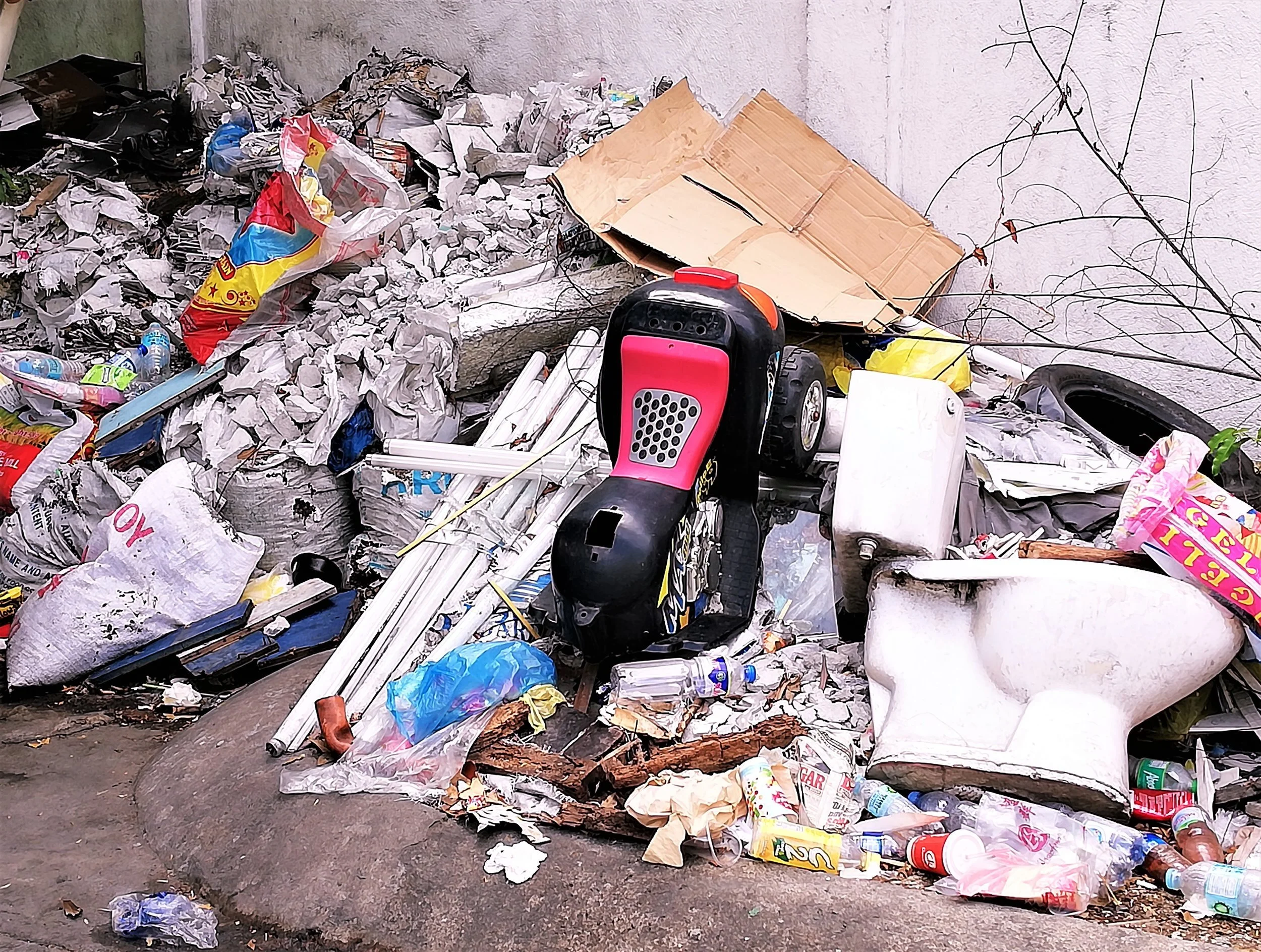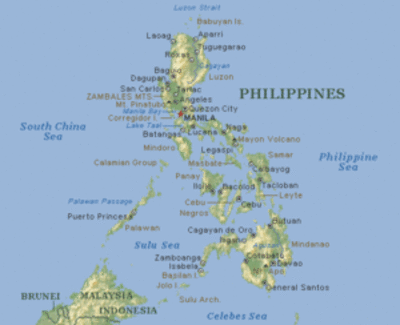When B.J. Stolbov travels, he sometimes find answers; other times he finds more questions. During a recent trip to Korea, he was struck by the absence of public litter which triggered this essay about what is valuable and important in a culture and for its people.
All in Environmental Commentary
Written in Stone
A visit to Arches National Park inspires this reflective essay on the powers that shape, pare, trim, and mold this unique region of the American Southwest and the relationship to how time molds our eroding bodies and identies.
Fishing for a Future
by B.J. Stolbov
When I was young, my father took me on a father-son bonding/camping/fishing trip to some unpronounceable lake in upstate New York. I learned to squeamishly poke a hook through a wiggling worm. I learned to awkwardly cast a fishing line out into the lake. And when I did catch a fish, with the point of the hook sticking out through its eye, I immediately learned, while screaming and crying, that I was no fisherman. No fisherman either, my father and I gratefully agreed to bond by never going fishing again.
What is land? Land can have many different meanings. Land can mean wealth, profit, prosperity, privilege, prestige, power, control, status, accomplishment, satisfaction, success, fame, respect, honor, dignity, safety, security, stability, continuity, contentment, freedom, happiness, hope, joy, beauty, love...
Land, for most people of the world, means wealth. Wealth, like beauty and love, is in the eye of the beholder.
Typhoon Yolanda: “The Storm of the Century” and more to come
by B.J. Stolbov
[Author's Note: Typhoon Yolanda, also known by its international name of Typhoon Haiyan, hit the Philippines on November 7, 2013. In honor of the dead and missing, I will use its Filipino name, Yolanda.]
The Philippines are surprisingly long. They may look like just a bunch of specks (7107 islands) at the end of the Pacific Ocean, but from the Batanes Islands beyond the end of Luzon Island in the north to the Tawi-Tawi Islands at the end of Mindanao Island in the south, the Philippines are long (1,150 mi.). They are almost as long as west coast of the U.S. from Seattle to San Diego (1,293 mi.). Because of its length, its many islands, and its moving ocean currents, the weather can change considerably from island to island, even from the exposed windward side to the more protected leeward side of any island.
Here, in Northern Luzon, we are protected from typhoons by the mountains. For a typhoon to hit us directly, it has to come in from the southeast, low off the water, through the beaches and lowlands of Aurora, then up the Cagayan Valley, and then into the hills and mountains. This is what we call a "low" typhoon.
Typhoon Labuyo, “the storm of the year” at that time, hit us on August 12 in Quirino. It came in “low,” knocked down all the corn, just before harvest; and all the bananas, which will grow back on their own in nine months. It flooded all the rice paddies, but rice is used to water. Lots of crops and houses were destroyed, but, thankfully, no deaths.
Wild animals, savage people
The 8-year-old boy chasing the young sea turtle down the beach was having “fun.” His father stood by, glancing up occasionally while he texted a football bet to a buddy.
Also enjoying themselves were the two dozen beachgoers who had surrounded a full-grown, 4-foot-long green sea turtle in the water at shore’s edge at this lovely, famous island resort. As the turtle drifted back and forth in the swells, trying to get out to sea, its “admirers” followed it to and fro, cell-phones clicking incessantly so they could capture the special moment for Instagram and Twitter and Pinterest and Facebook. Some were barely a foot away. I wondered if they knew that a turtle has jaws strong enough to easily clap off a finger.
But sea turtles are gentle creatures; too gentle, actually, as they were long easily captured until international outcry brought them protected status. Now, U.S. law requires that people maintain a respectful distance from sea turtles, not encircle them or block their path to the open ocean, or otherwise bother or annoy them.
by Jules Older
Inspired by the new California Academy of Sciences exhibit, EARTHQUAKE, we decided to check our earthquake kit.
Yes, we have one. We’re prudent Bay Area citizens, and like most Bay Area citizens, prudent and otherwise, we live on a fault line.
The Big One is coming and coming soon—more on that, below—so get your earthquake kit in order. We did.

But it had been how long since we put that kit together? Five years? No, more like eight. Maybe we ought to check it.
Maybe you should check yours. Ours came as something of a surprise.
Eight years ago, we’d bought a large plastic bin that just fit the living room closet. In it, along with a few other items, we neatly packed canned beans and pesto, a can opener and plastic forks, crank-operated flashlight and radio, wipes and toilet paper, canned fruit and toothbrushes, candles and matches, disinfectant and Band-Aids, and, for reasons that now escape us, exactly forty-seven dollars.
Sealed it up and stuck it in a cool, dry place next to the ski jackets. Should last forever. We’re earthquake-ready—rock on.
Funny how fast eight years roll by. Until the Academy exhibit, we forgot all about our kit in a closet. Never opened it once.
Then, we did. Eight years later, it had shrunk… and grown.
Eyelids closed, I postpone viewing the new day. I linger in dreamtime until a familiar honking breaks the morning stillness in Benicia, California, a waterside community thirty miles north of San Francisco. The world outside my window rests under the great Pacific flyway, the north-south path of North American migratory birds.
 Eyes wide open; I peer through the bedroom window in time to see Canada geese, a trio in flight, noisily bound elsewhere, calling to one another, beaks pointed, necks stretched; chests lifted upward, wings flapping hard. I track their flight over Southampton Bay, the cove on Benicia’s west end. The pale gray clouds of the marine layer blanket the opposite shore of the Carquinez Strait. This wide watery ribbon funnels fully half of California’s water drainage through a deep channel on its way to the Pacific Ocean.
Eyes wide open; I peer through the bedroom window in time to see Canada geese, a trio in flight, noisily bound elsewhere, calling to one another, beaks pointed, necks stretched; chests lifted upward, wings flapping hard. I track their flight over Southampton Bay, the cove on Benicia’s west end. The pale gray clouds of the marine layer blanket the opposite shore of the Carquinez Strait. This wide watery ribbon funnels fully half of California’s water drainage through a deep channel on its way to the Pacific Ocean.
Cuddling under a soft, embroidered, cotton quilt, while I marvel at the waterfowl, Franz Kafka’s translated words come to mind.
You do not need to leave your room.
Remain sitting at your table and listen.
Do not even listen, simply wait, be quiet, and solitary.
The world will freely offer itself to you to be unmasked,
it has no choice, it will roll in ecstasy at your feet.
The universe blesses Benicia with a significant year-round presence of waterfowl—mallards, coots, the great blue heron, and snowy egret. Spring brings an upswing in activity: nesting and the annual migration of some birds to points north.
Break a Taboo, Save the Water
by Jules Older
Here's a fact: this summer, we’re gonna run short of water.
 And here's a probability: water shortages will only get worse.
And here's a probability: water shortages will only get worse.
You don’t need a Ph.D. or a crystal ball to know that. Or to know the standard advice on what you can do about it.
Fix leaky faucets. Check.
Put a brick in your toilet tank. Check.
Buy a low-volume toilet. Check.
Stop watering the lawn. Check.
Tear up the lawn, and plant cactus. Check.
All that’s well and good, but there are other solutions that somehow don’t get talked about. Sometimes it’s because they go against long-ingrained habits, sometimes because they break long-standing taboos. Yet they offer a far cheaper solution than low-volume toilets. They're free.
by Jules Older
Though most Alaskans, Vermonters and Minnesotans are enjoying the unprecedented winter warmth, skiers are not. Except in freak years, like 2014 and the epic 2015, there's precious little snow falling on mountains. Rain, yes; snow — not with any consistency and not ‘when it’s supposed to.’ Sir Albert Gore, as everyone except the most recalcitrant deniers now concede, was right — climate change proved to be all-too real.
 Here's where we stand in February, 2025.
Here's where we stand in February, 2025.
Europe’s lower slopes have reverted to pasture; in the foothills of the Alps, goats have replaced skiers. New Zealand’s already short season is, most years, down to three weeks. There's no more skiing in Australia except for water skiing.
But snow skiing has almost saved Dubai. Even with its current tourism woes, winter sport is thriving there; they now have sixteen indoor hills open 24/7 and three more under construction.
American skiers look at Dubai with open envy. In New England, the only ski resorts left are Killington and Jay Peak in Vermont, Sugarloaf and the newly important Saddleback in Maine. All four have pretty much given up opening before New Years; all four are spending big bucks promoting spring skiing. Slogan: “April is way cool!”
Except for Jiminy Peak, which had the foresight to install plastic bristles in 2118, and Wachusett, which covered itself with a dome the following year, there is not a single outdoor ski area left in southern New England.
The entire mid-Atlantic ski business has been wiped out, along with most of the Midwest. In the West, New Mexico, southern Utah and with two exceptions, California, are ski-free zones.
In California, there's still lift-accessed snow on what was the top of Mammoth Mountain and, during relatively cold winters, on Kirkwood’s upper slopes. In Utah, Brian Head is now “the country’s biggest mountain-bike terrain park.” California’s Heavenly promotes “big-mountain living.” Colorado’s Vail is “Your mountain dream.” Everybody uses “mountain;” only the lucky few mention “snow.”
by Eric Lucas
Birth control for bags.
That’s what I’m aiming for, but there is immense, widespread, billion-dollar opposition to my personal vendetta against plastic bags. Such as the grocery clerk at a golf resort I was visiting who told me:
“You have to take a bag. It’s the law.”
“Law?” I inquired. I admit I sounded skeptical. Possibly scornful.
“Liquor.” She pursed her lips and pointed to the six-pack on the counter. “State law. Gotta be in a bag. Paper or plastic?”
Ah, the question of the moment, wherever you go, at home, on the road… Bags. San Francisco banned plastic bags in 2007. Los Angeles ducked the issue in 2008, because the plastic bag lobby convinced them civilization would collapse. China, the oldest civilization around and not collapsed yet, banned the infernal things, hoping to curb the proliferation of them as neo-prayer flags hanging on trees, wires, fences and such, which is what I saw when I was there three years ago. And now my home city, Seattle, is about to vote whether to impose a 20-cent charge on bags. This has riled the plastic industry, which dumped a million bucks on convincing us Left Coasters that free plastic is essential to life. Like credit cards, only stretched out.







